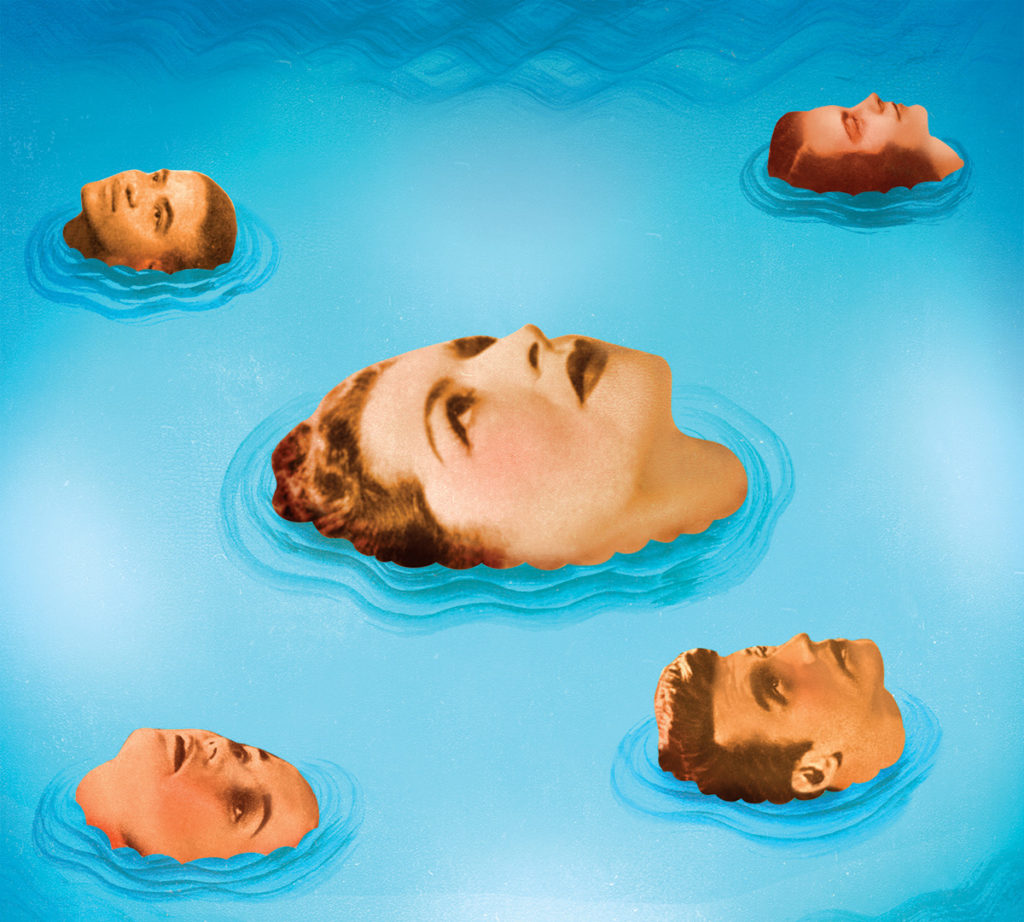
It was an early class on a Monday in mid-January. I was powering up the classroom computer, getting ready as a teaching assistant to present a lesson on the Rev. Martin Luther King Jr. and his legacy. A student interrupted my deep concentration. “Miss, you’re in Malta. Why don’t you speak Maltese?” Her tone was not casual. I turned to face her. Her facial expression was stern and accusatory. Unsure of how to respond, I quickly replied, “Oh, I know a few words. Bongu [Hello]. Ciao [Good-bye]. Grazzi hafna. [Thank you very much]. But let’s get started with today’s lesson, shall we?” She seemed to agree but merely for the sake of avoiding trouble with her teacher, who was watching over our conversation closely.
The fact that she said this to me, a visiting English teaching assistant from the United States, during a class solely dedicated to the study and practice of the English language — one of Malta’s two official languages — was baffling, to be sure, but not completely shocking. I had had some warning. The teacher informed me the prior week that she was having trouble with this class in particular and was greatly looking forward to my assistance. The majority of the students resisted speaking in English. They lacked the desire to practice and study the language. Some of them, another teacher confided, didn’t truly realize just how small their country was. If you were to look at a map of Europe and blink for a moment or two, you might miss Malta. But to these students, their picturesque island situated on the cerulean waters of the Mediterranean Sea and built of limestone and ancient history was all they had ever known. And for many of these same students, this nation, smaller than some U.S. cities, would be all that they would ever know. In their minds, Malta was as large and far-reaching as they made it up to be.
Learning to understand the complex context of this situation reminded me of the peculiar power of isolation. As a Fulbright Fellow, I had come to Malta and settled nearby its capital city of Valletta. I admit that part of my motivation was to escape an insular mindset. As an American of a minority Middle Eastern descent — my family heritage is Iraqi-Chaldean, a people with a long history as Catholics from Mesopotamia — I grew tired of constantly having to explain my background and, ultimately, myself to each new person I met. I often felt very much like an outsider — a person who could never quite fit in anywhere. Not only did my background set me apart, so did my appearance: My stature was much too short, my eyes too large and my coloring too dark to blend in. It became increasingly difficult for me to relate to Americans who viewed themselves simply as citizens of the United States, as I’ve always viewed myself as a citizen of the world as well. Malta is itself a microcosm of its Mediterranean environment, with deep historical connections to Europe and Catholicism, along with roots in Arabic culture. Over the centuries, it has been ruled by Carthage, Rome, the Moors, Spain, France and Great Britain. But now, after travelling nearly 7,000 miles from my home state of California, I found myself in much the same position — of using everything within me to push back against the suffocating walls of insularity.
The great Lovelock Paiute poet Adrian C. Lewis has a line in his poem “Elegy for the Forgotten Oldsmobile” that reads: “O, Uncle Adrian! I’m in the reservation of my mind.” Like the size of a place, the reservations we build both in our minds and in our realities feel as real as we perceive them to be. It doesn’t matter if we reside in a major metropolitan area such as Los Angeles, a small town in the heart of the Midwest or on a Mediterranean island smack dab in the center of the world; people everywhere fall prey to the bewitching power of isolation. But it is in the act of resisting insularity that we come to see the world as it truly is — a place that does not operate in black and white, in strict codes of good and evil, but rather in multivariate shades as diverse as the colors of our skin, the banners we wave, the foods we eat and the languages we speak.
Monique Mansour ’12 studied screenwriting in the LMU School of Film and Television and earned an M.F.A. in creative writing at UC Riverside. She is a 2016–17 Fulbright Scholar in Malta, where she teaches English.
